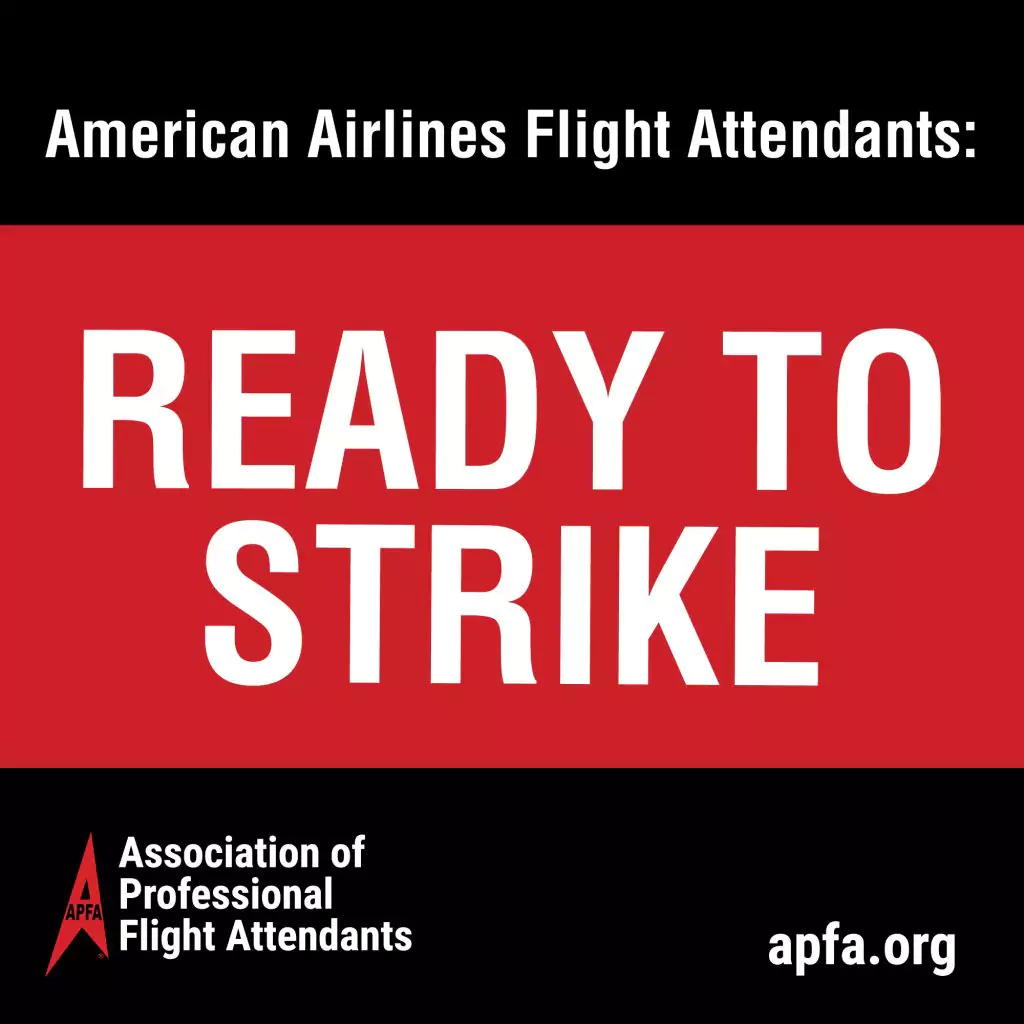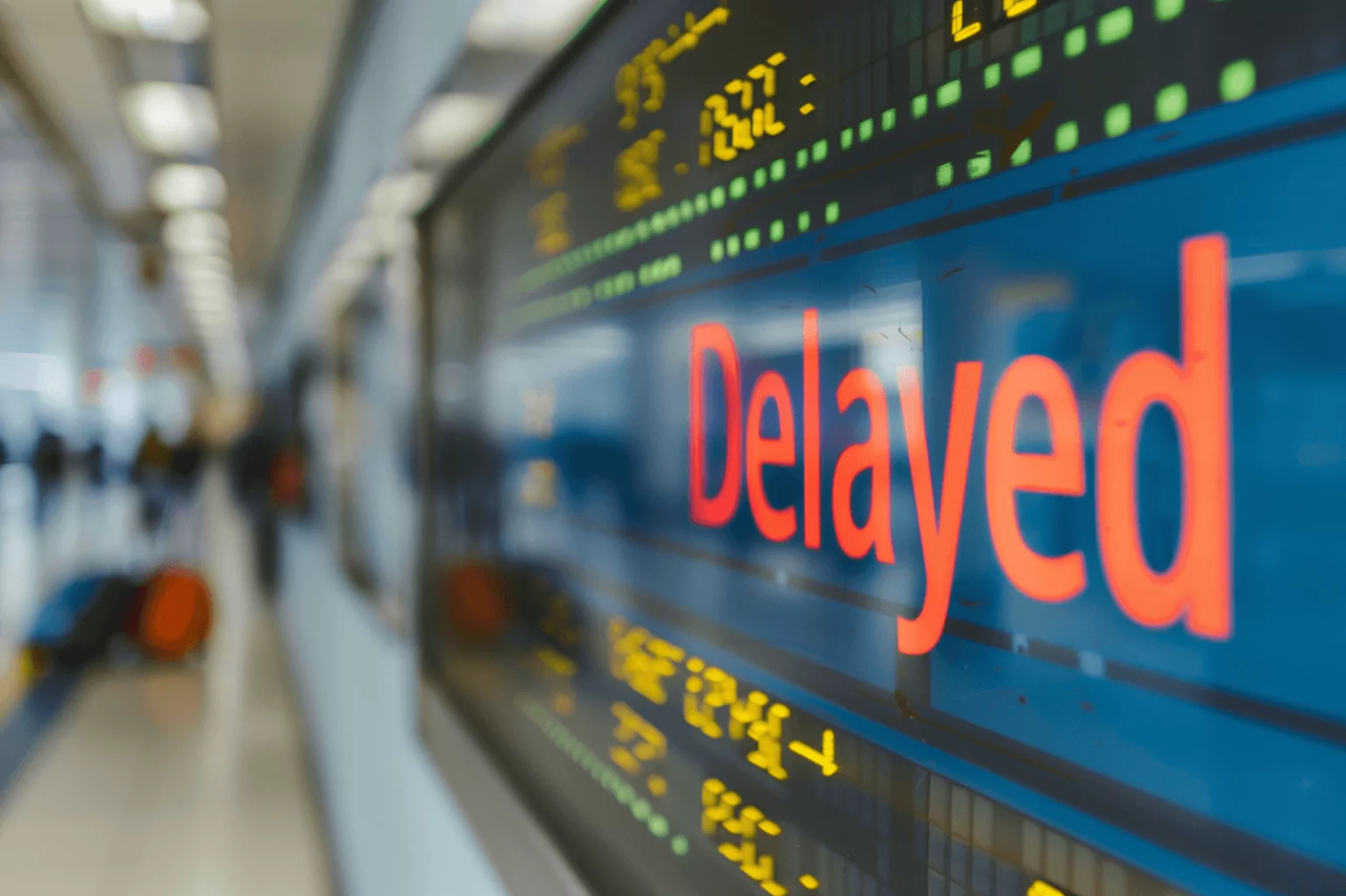Context and Current Situation
In the current climate of labor disputes and growing discontent among workers across various industries, the situation with American Airlines flight attendants stands out as particularly pressing. For five years, these essential workers have been operating without a pay raise, a fact that underscores the severe challenges they face daily. The flight attendants at American Airlines are now poised to strike, demanding better wages and improved working conditions, pushing this labor dispute into the spotlight of national attention.
Background: What Led to the Current Crisis?
The roots of the current crisis trace back to 2014, when the last contract was negotiated. Since then, the economic landscape has changed dramatically. Inflation has surged, and the cost of living has risen sharply, but the wages of American Airlines flight attendants have remained stagnant. This discrepancy has created a significant financial strain for these workers, many of whom struggle to make ends meet in expensive urban centers like Dallas, Miami, and New York, where they are often required to live due to the nature of their job.
The Offer and the Rejection
Recently, American Airlines CEO Robert Isom extended a 17% wage increase to the flight attendants in a video message. This offer aimed to bring the starting salary for new hires to $31,959 per year, or $35.50 per flight hour, which would slightly push their earnings above the food stamp eligibility threshold in states like Massachusetts and Florida. However, this offer was swiftly rejected by the Association of Professional Flight Attendants (APFA), the union representing the flight attendants, who labeled it a “PR move” designed to placate public opinion rather than address the systemic issues at play.
Union’s Stance: Seeking Fair Compensation
The APFA has been vocal about the inadequacies of the proposed wage increase. Julie Hedrick, the union’s president, has emphasized that the offer does not adequately address the high cost of living or the inflationary pressures that have eroded purchasing power over the past five years. The union is demanding a 33% wage increase to align with inflation rates and ensure that flight attendants can sustain a decent standard of living. Furthermore, they are calling for annual raises to be implemented in subsequent years, ensuring ongoing financial stability for their members.
Inflation and Cost of Living: The Harsh Realities
The economic pressures faced by American Airlines flight attendants are emblematic of a broader issue affecting many workers in the United States. Since the last contract was negotiated, the cost of living has skyrocketed, driven by rising housing costs, healthcare expenses, and food prices. For flight attendants, who often have to spend extended periods away from home, these financial pressures are exacerbated by inadequate per diem allowances for food—$2.20 per hour for domestic trips and $2.50 for international flights. These allowances are woefully insufficient to cover actual meal costs, forcing many attendants to use their own money to cover the shortfall.
Living Conditions: From Sky to Car
The financial strain on American Airlines flight attendants has led to some alarming living conditions. Reports have surfaced of attendants sleeping in their cars because they cannot afford housing in the cities where they are based. This situation is not only a testament to the inadequacy of their wages but also highlights the broader issue of affordable housing in metropolitan areas. The necessity for attendants to live near major hubs like Dallas, Miami, and New York compounds these challenges, creating a cycle of financial hardship that is difficult to escape.
The Pandemic’s Impact: Exacerbating Existing Issues
The COVID-19 pandemic has further compounded the difficulties faced by American Airlines flight attendants. The aviation industry was one of the hardest hit, with widespread layoffs, furloughs, and reduced flight schedules. For those who remained employed, the pandemic introduced new challenges, including increased health risks, longer working hours due to staffing shortages, and the added stress of dealing with unruly passengers. These factors have significantly contributed to burnout among flight attendants, making the need for a fair and sustainable contract even more urgent.
Picketers and Protests: Demonstrating Resolve
Over the past 18 months, the APFA has organized multiple pickets and protests to draw attention to their cause. These demonstrations are a clear indication of the flight attendants’ resolve and solidarity in their fight for fair wages and better working conditions. The union’s demand for a comprehensive contract that addresses all aspects of their employment—including wages, benefits, and working conditions—reflects a broader movement within the labor force to seek justice and equity in the workplace.

Negotiations and Federal Mediation: The Path Ahead
The upcoming negotiations between American Airlines and the APFA will be critical in determining the future of the flight attendants’ labor dispute. These talks will be overseen by the National Mediation Board, which has the authority to allow a strike if it finds that negotiations have reached an impasse. However, the federal government also has the power to block a strike, as was the case in December 2022 when President Joe Biden intervened in a labor dispute between railroad companies and their workers.
Historical Context: Railway Labor Act
The Railway Labor Act of 1926 governs labor relations in the airline and railway industries, making strikes in these sectors exceedingly rare. The act requires federal mediation before a strike can occur, a measure designed to prevent disruptions in critical transportation services. The last airline strike occurred in 2010 when Spirit Airlines pilots went on strike for five days. Given this historical context, the outcome of the current negotiations will be closely watched not only by those in the aviation industry but also by labor advocates across the country.
Comparative Analysis: Other Airlines and Union Demands
American Airlines is not the only carrier facing demands for wage increases. United Airlines is still negotiating a new contract with its flight attendants, while Southwest Airlines recently approved a contract that includes a 33% pay raise over four years. The Transport Workers Union, which represents Southwest flight attendants, hailed the agreement as a benchmark for the industry, setting a precedent that the APFA hopes to match. The union’s demand for a 33% wage increase is seen as a necessary adjustment to bring their earnings in line with industry standards and inflation rates.
The Stakes: Economic and Operational Implications
The potential strike at American Airlines carries significant economic and operational implications. While the impact may not be as dire as a railroad strike, which could halt critical supply chains, a strike in the airline industry would still cause considerable disruption to travel schedules and economic activities. American Airlines, being one of the largest carriers in the United States, plays a crucial role in both domestic and international travel. The ripple effects of a strike could extend beyond the airline itself, affecting passengers, businesses, and the broader economy.
Union’s Perspective: Seeking a Comprehensive Deal
From the union’s perspective, the proposed 17% wage increase is inadequate. They argue that it does not address the broader issues of compensation, expenses, and working conditions that have persisted for years. The APFA’s demand for retroactive pay is particularly noteworthy, reflecting a desire to acknowledge the sacrifices and financial hardships endured by flight attendants during the prolonged period of negotiation. The union’s stance is clear: they seek a comprehensive deal that provides fair compensation, job security, and improved working conditions for all their members.
Management’s Response: Balancing Business and Labor Demands
For American Airlines management, the challenge lies in balancing the demands of their workforce with the financial realities of operating in a highly competitive industry. The airline has already faced significant financial strain due to the pandemic, and the proposed wage increases represent a substantial financial commitment. However, the cost of not reaching an agreement could be even higher, potentially leading to operational disruptions, damage to the airline’s reputation, and further financial losses.
Looking Forward: The Future of Labor Relations in the Airline Industry
The outcome of the American Airlines labor dispute will likely have far-reaching implications for the airline industry and labor relations more broadly. It could set a precedent for other airlines and unions, influencing future negotiations and contracts. The case also highlights the importance of addressing the economic realities faced by workers in critical industries, ensuring that they are fairly compensated and supported in their roles.
Conclusion: The Fight for Fairness and Equity
The situation with American Airlines flight attendants underscores a broader struggle for fairness and equity in the workplace. These workers, who play a vital role in ensuring the safety and comfort of passengers, deserve fair compensation and working conditions that reflect their contributions and sacrifices. As negotiations continue, the resolve and solidarity of the flight attendants, as demonstrated through their pickets and protests, will be crucial in shaping the outcome of this labor dispute. The hope is that a fair and comprehensive agreement can be reached, setting a positive precedent for the industry and reaffirming the value of these essential workers.












